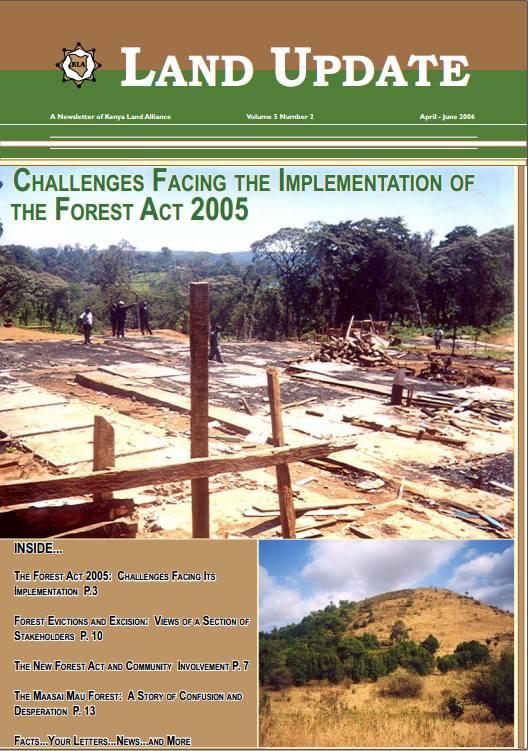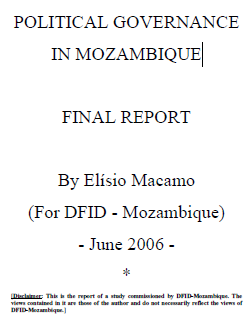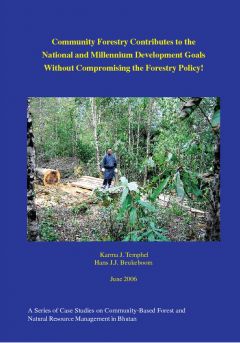RECOFTC Annual Report 2004-2005
The first year of the 2004-2009 Strategic Plan saw much greater and systematic efforts on regional and international partnerships, including collaboration with national government and non-governmental institutions. At the same time, organizational expansion required some restructuring and more robust planning and management systems. RECOFTC's role as a non-partisan facilitator of improved community forestry has been enhanced with a strong focus on learning processes to strengthen the capacity of stakeholders.







